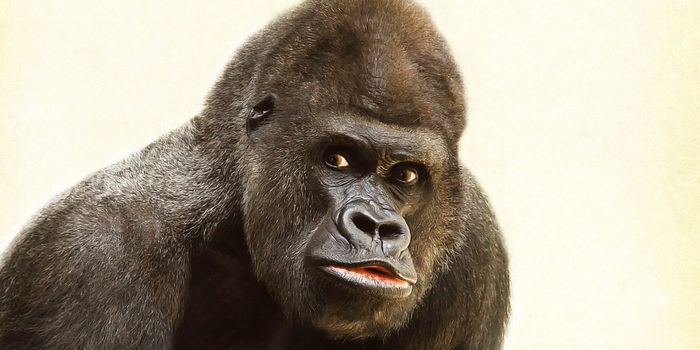Chimpanzee Culture Has Similarities to Humans
Chimpanzees have long fascinated researchers, not only for their unique behaviors, but also for how they are similar or (not) to humans.
What’s been particularly interesting to field researchers is whether and how chimpanzee culture forms. Specifically, culture often refers to how knowledge and beliefs move from one generation to another. A commonly held theory in anthropology for explaining chimpanzee culture and behavior is the zone of latent solutions hypothesis (ZLS). This theory holds that much of chimpanzee behavior is learned, and indeed reinvented as needed, on an individual level. That means that, over time, chimpanzees don’t necessarily carry behaviors over to subsequent generations, but instead, individual chimpanzees can invent new practices as needed.
This is antithetical to human culture, which is viewed as more cumulative: practices and beliefs are carried on through generations, require social learning, and “accumulate,” rather than being reinvented by individuals in each new generation. Humans learn based on what our ancestors did. Cumulative culture is a crucial element of human culture and evolution, and is often considered something uniquely human.
New field research of chimpanzees, however, is questioning this theory.
Published in Nature Human Behavior, researchers detail experiments with chimpanzees in Guinea, where they tested whether or not chimpanzees would, on their own, develop nut-cracking practices (which, according to the ZLS hypothesis, they would). Researchers presented chimpanzees with different nuts and stones and watched what they did (or did not do). After more than a year, researchers had noted about 35 different groups of chimpanzees came within proximity of the experimental nuts but only about 11 groups actually approached them. However, no chimpanzee attempted to crack the nuts. Researchers noted that larger parties were more likely to approach the experimental nuts.
These findings suggest there is evidence that individual chimpanzees don’t just develop new behaviors on their own—instead, they need to learn these behaviors from others. This research also suggests that there may be culturally and socially inherited practices among chimpanzees, something that makes them more like us than we may have previously thought.
Sources: Eureka Alert!; Nature Human Behavior; Biology and Philosophy








